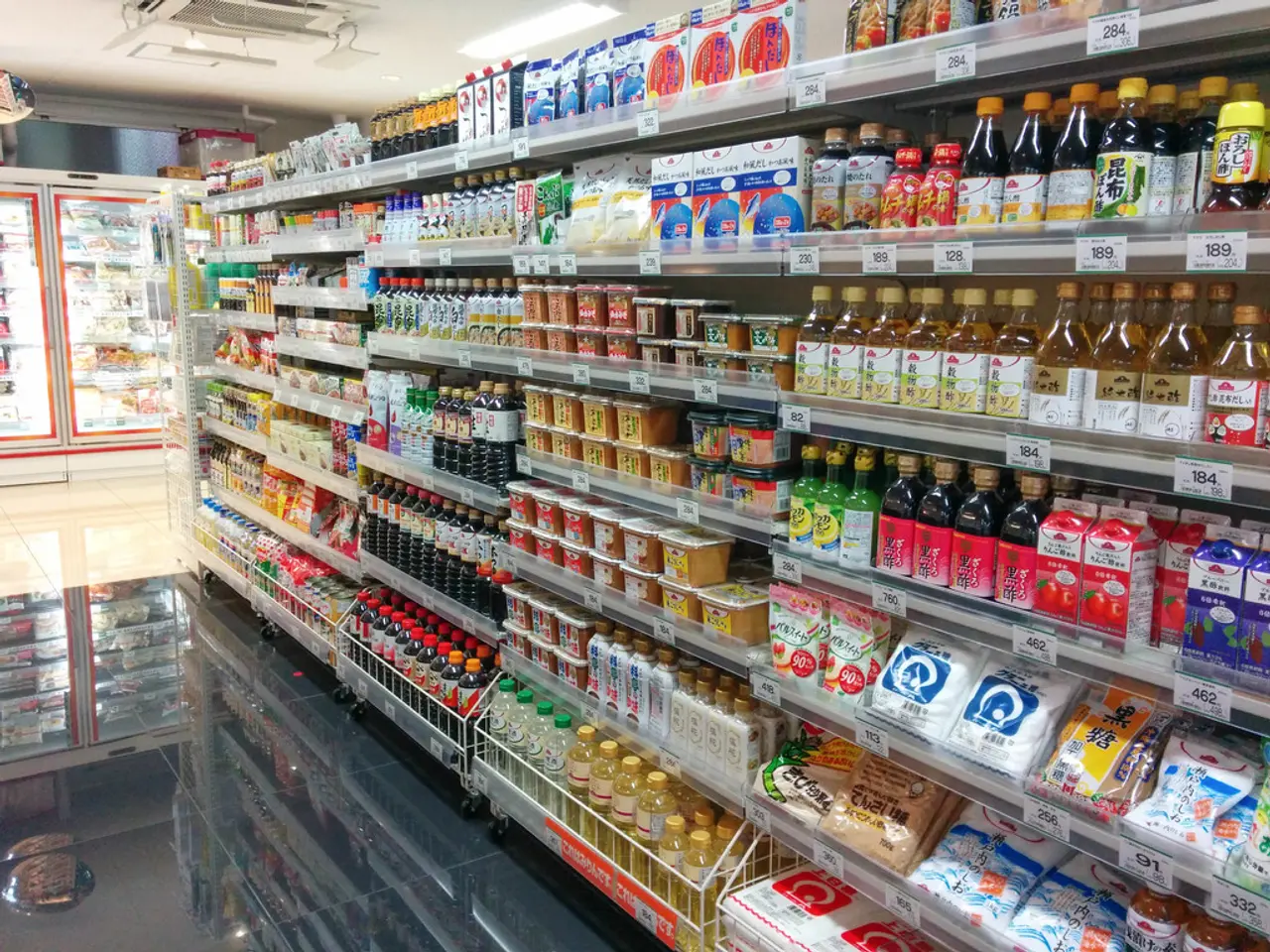Trump's tariffs imperil the persistence of small businesses in Michigan's manufacturing sector
Tariffs Take a Toll on Small U.S. Manufacturers
President Trump's new tariffs have brought a wave of changes to the U.S. manufacturing sector, particularly affecting small businesses. These businesses are grappling with increased costs, disrupted project timelines, and potential viability threats.
Cost Pressure on Small Manufacturers
Small manufacturers like Carrin Harris' company, Blitz Proto, based in Michigan, have faced volatile and rising component prices. This has necessitated frequent renegotiation of quotes, limiting their ability to offer stable pricing to customers.
Project Delays and Customer Loss
Uncertainty and increased costs have led to shorter quote validity periods and missed deadlines, causing customers to reconsider orders and potentially abandon partnerships. Blitz Proto, for instance, has had to change their quote expiration times from one month to one week due to the tariff-induced uncertainty.
Struggling to Survive
The higher prices caused by the tariffs are driving away customers, reducing competitiveness, and adding administrative burdens that small businesses often lack the infrastructure to manage. This strain compounds wage stagnation and potential job losses in these sectors.
Impact on the Manufacturing Sector
Manufacturing is the most exposed industrial sector to these tariffs, affecting over 23 million workers nationwide. The complexity of new tariff rules, including raised customs bonds and extra red tape, disproportionately burdens small businesses lacking in-house compliance teams.
The Future of Small Manufacturers
Carrin Harris, the CEO of Blitz Proto, has expressed skepticism about Donald Trump's claim that these tariffs would bring manufacturing back to the U.S. She has warned about the future viability of her company due to the tariffs, which have posed significant challenges since January.
Tariff Ranges and Exceptions
The tariffs range from 15% to 41% on goods entering the United States, with China and India facing 30% and 50% tariffs, respectively, under separate trade truce and due to their purchase of Russian oil and energy. However, Canada and Mexico are the only exceptions to these new trade policies, as they are still in negotiations for their own trade deals.
Wider Implications
Brazil has received a 50% tariff on its coffee exports to the U.S. due to the new tariffs, and Ford estimates that these tariffs will cost them $2 billion this year. These costs could potentially have broader economic and regional political effects.
In conclusion, the combined effect of increased import duties, administrative complexity, and market uncertainty from Trump's tariffs has imposed substantial financial strain, delayed project execution, and jeopardized the survival of many small U.S. manufacturing businesses.
[1] The Yale Budget Lab estimated that these new trade policies could cost the average American household an additional $2,400 annually. [2] Harris noted that larger companies seem to be handling the tariff changes better due to their more capital. [3] The tariffs have caused some customers to not want to work with Blitz Proto due to the high costs. [4] President Donald Trump's new tariffs took effect on Thursday, affecting more than 90 trading partners.
- Small U.S. manufacturers, such as Carrin Harris' company, Blitz Proto, are facing volatility and rising component prices due to President Trump's tariffs, which has necessitated frequent renegotiation of quotes and limited their ability to offer stable pricing to customers.
- The uncertainty and increased costs from tariffs have led to shorter quote validity periods and missed deadlines for these small businesses, causing customers to reconsider orders or potentially abandon partnerships, as Blitz Proto has experienced with their change from one-month to one-week quote expiration times.
- The tariffs have added administrative burdens and have led to customers avoiding working with small manufacturers like Blitz Proto due to the high costs, potentially threatening the viability of these businesses already struggling under wage stagnation and job losses.




